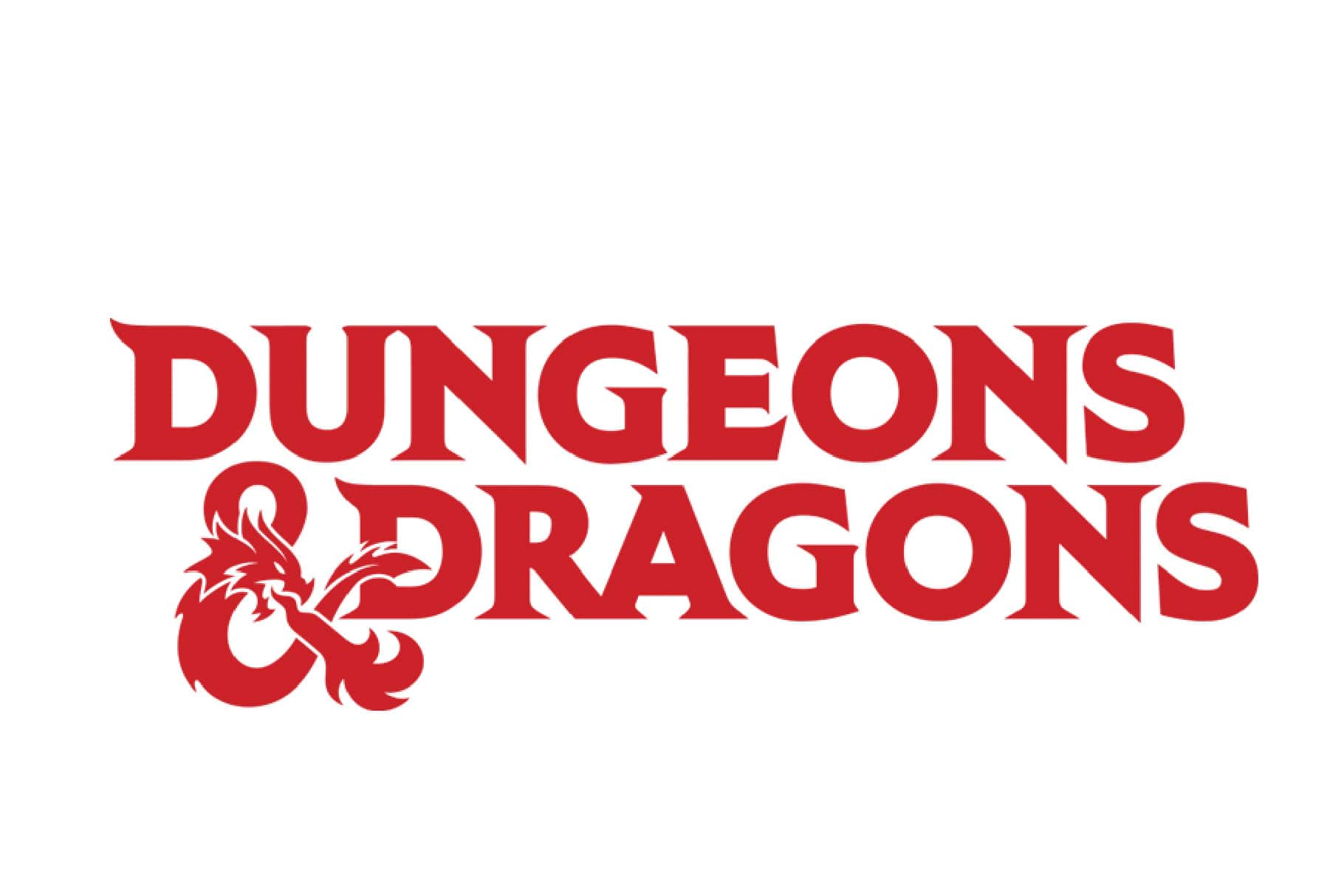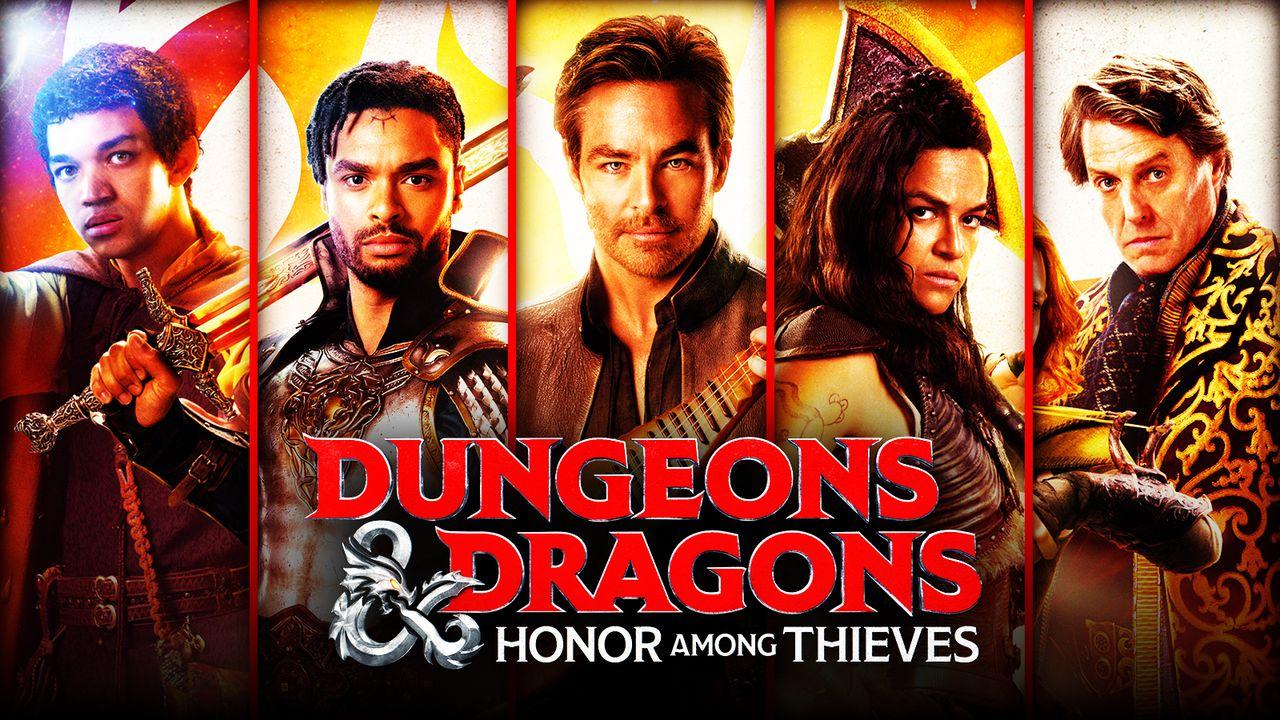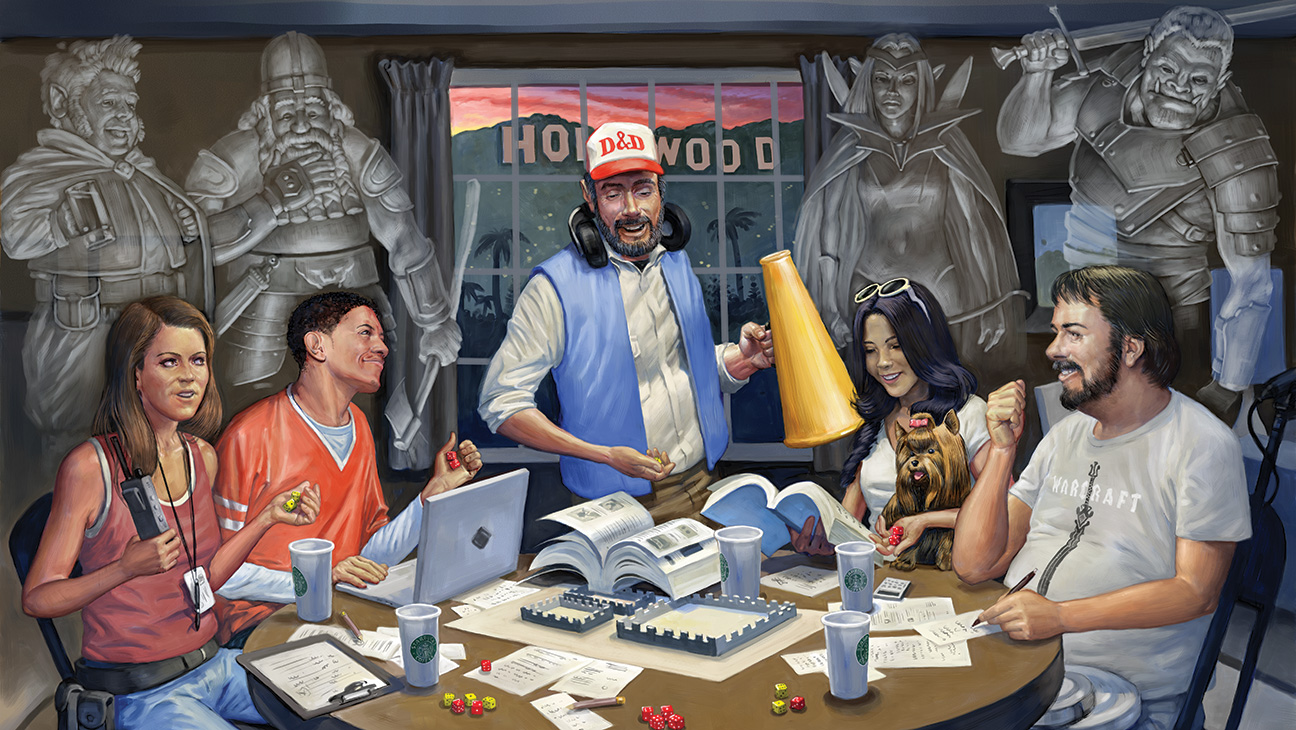
With the tabletop roleplaying game Dungeons and Dragons (D&D) skyrocketing in popularity since being featured in the popular Netflix series Stranger Things, more and more people of all ages are starting to show interest in the board game.
So much so that D&D has even warranted its own feature film in 2023, pushing this once-niche game into the public eye.
If you or your family are looking to pick up an interesting new hobby to bond over, here are some reasons why you can consider D&D at your next family game night.
For starters, playing Dungeons and Dragons can be a rewarding and enriching experience in various ways. Not only will it help you boost your creativity and imagination, but it is a game that is also structured around collaboration and teamwork. It also has some learning aspects, which push for not only an entertaining experience but an educational one too.

A Glossary of who’s who in D&D:
- Dungeon Master: In a typical game of Dungeons & Dragons, most players control a fictional character, termed a player character. One player, the Dungeon Master, does not control a playable character of their own but instead assumes numerous responsibilitiesIn a general sense, the Dungeon Master assumes the role of the computer in a video game RPG, responding to the player’s actions with a combination of game rules and human creativity in order to create the sense of a believable and consistent game world.
- Adventuring Party: The adventuring group of player characters is known as a party. A group of players can also be referred to as a party.
- Lore: Lore refers to the background information and history of a fictional world or universe. It includes details about the setting, characters, and events that have taken place. Lore is often used to provide context and depth to a story, but it can also stand on its own as a separate entity.
Developing Creativity and Imagination
D&D encourages players to create and explore intricate fantasy worlds. As a Dungeon Master, it is up to you to craft storylines and immersive locations (also known as lore) for your players. As a player, it is your job to test the limits of the created world. Both Dungeon Master and player work in tandem to explore a world entirely created by the exploring party, sparking the creation of creative landscapes, character interactions and scenarios.
This game mode also tests the visualisation skills of the players, as the more you can visualise, the more immersive the gameplay experience will be for you.
Players often contribute to building the narrative, designing characters, and developing unique settings. This fosters creativity and imagination as you engage in a collaborative storytelling experience.
The game frequently presents challenges and puzzles that require creative problem-solving. This helps to keep the game interesting and provides ways for the players to advance the story, or gain items to level up their characters.
Players need to think on their feet, adapt to unexpected situations, and find unique solutions. This enhances critical thinking and imaginative problem-solving skills.
Placing Importance on Social Interaction and Teamwork
D&D is a social game that requires teamwork and cooperation. Players must communicate, strategize, and work together to overcome obstacles and achieve their goals. This fosters strong interpersonal skills and the ability to collaborate effectively with others.
Another common dynamic found in D&D games is role-playing. Players assume the roles of different characters with distinct personalities, backgrounds, and motivations. By putting themselves in the shoes of another character, it encourages empathy and understanding as players navigate the social dynamics of their in-game interactions.
Social situations that might otherwise be stressful and anxiety-inducing in the real world can become more accessible through role-playing. Which in turn, can help improve real-world communication and interpersonal relationships.

Providing a Fun Avenue for Learning and Education
D&D involves reading rulebooks, creating character backgrounds, and understanding complex narratives. For a more immersive experience, some players and Dungeon Masters involve aspects of real-life history in their games. This provides a fun way for players to consume educational content without it feeling like a chore.
To create characters with depth and substance, some players carry out in-depth research on the character they are choosing to create. For example, if a player is choosing to portray a character of different abilities or gender, the research that they find might give them a greater understanding of those different to them, boosting their social and emotional learning.
These skills can contribute to improved literacy and a greater appreciation for storytelling.
The game incorporates elements of mathematics, statistics, and strategy. Players use dice for various tasks, calculate modifiers, and make strategic decisions in combat scenarios. This can enhance mathematical and strategic thinking in a fun and engaging way.
An Avenue for Stress-Relief and Entertainment
D&D provides an opportunity to escape the stresses of everyday life and immerse yourself in a fantastical world. The narratives of many worlds in D&D are incredibly far from our own. Coupled with the fact that due to its collaborative nature, players have a sense of ownership over their game. Therefore providing an avenue for escapism that is far from parasocial.
Not only that, engaging in a fictional narrative and taking on the role of a character allows for a break from reality and its stressors and a chance to unwind.
Beyond the educational and social aspects, D&D is fundamentally a form of entertainment. The joy of shared storytelling, unexpected twists, and the excitement of facing challenges contribute to a fulfilling and enjoyable experience.
In summary, playing Dungeons and Dragons can enrich your life by fostering creativity, improving social skills, providing educational benefits, and offering a source of entertainment and stress relief. The game’s unique blend of storytelling, strategy, and social interaction creates a holistic and engaging experience for players.
